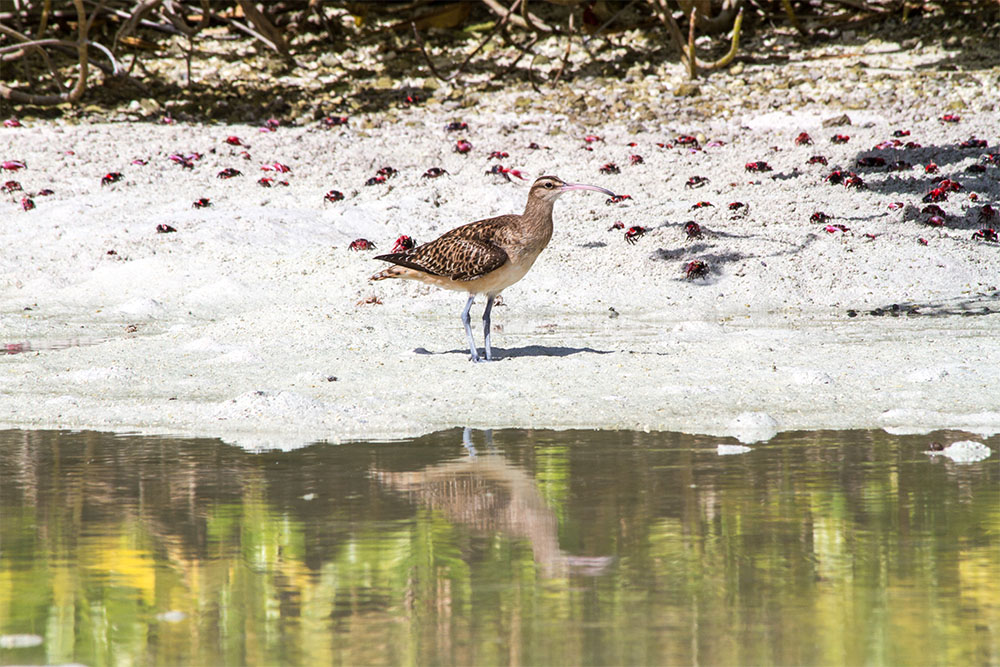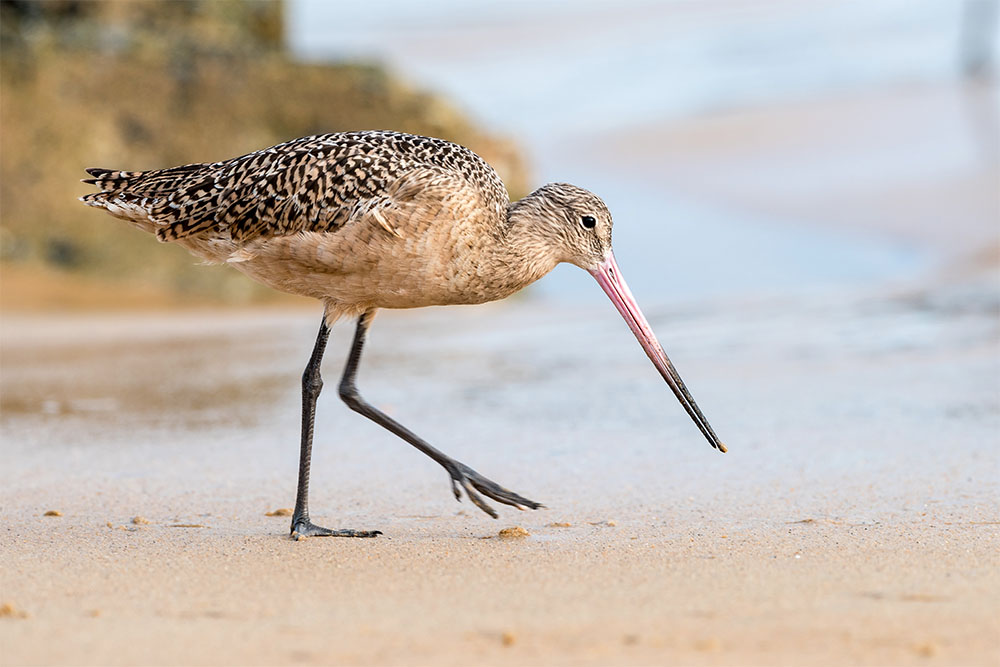December 4, 2024
The Ebiil Society: Champions of Palau
Ann Singeo, founder of our partner organization the Ebiil Society, shares her vision for a thriving Palau and a flourishing world of indigenous science!
We use cookies to help you navigate efficiently and perform certain functions. You will find detailed information about all cookies under each consent category below.
The cookies that are categorized as "Necessary" are stored on your browser as they are essential for enabling the basic functionalities of the site. ...
Necessary cookies are required to enable the basic features of this site, such as providing secure log-in or adjusting your consent preferences. These cookies do not store any personally identifiable data.
Functional cookies help perform certain functionalities like sharing the content of the website on social media platforms, collecting feedback, and other third-party features.
Analytical cookies are used to understand how visitors interact with the website. These cookies help provide information on metrics such as the number of visitors, bounce rate, traffic source, etc.
Performance cookies are used to understand and analyze the key performance indexes of the website which helps in delivering a better user experience for the visitors.
Advertisement cookies are used to provide visitors with customized advertisements based on the pages you visited previously and to analyze the effectiveness of the ad campaigns.
Looking to make an impact this Earth Month? Here’s how.

One of the world’s most geographically widespread families of birds is more endangered than researchers previously believed. Distribution is a key factor of a species’ population health. For Numeniini, a family of birds that includes Curlews and Godwits, distribution has not historically appeared to be an issue as there range is very wide, but new research indicates that these birds are at risk.
Numeniini travel all around the world and are found on every continent except Antarctica. They are found in a variety of habitats, from coastal habitat to grasslands where they provide important ecosystem services. One member of the family, the Bar-tailed Godwit, holds the record for the longest non-stop migration for any species. That means no food or rest for eight days as they fly from Alaska to New Zealand.

Because the Numeniini occupy an expansive range, researchers believed this family of birds was well protected from extinction. However, a recent study by Royal Society for the Preservation of Birds (BirdLife in the UK), British Trust for Ornithology (BTO), and the International Wader Study Group suggests they could actually be one of the most threatened families of birds on earth. The study consulted over 100 experts who assessed the threats to Numeniini throughout their migratory regions and found that seven of the thirteen species are threatened with extinction. Nicola Crockford from RSPB , the co-author of the paper commented:
These large waders with their heart-stirring calls that are an evocation of the wild, are one of the very most threatened groups of migratory birds on earth…We may already have lost two of the 13 species and we can and we must ensure that urgent, concerted action is taken to prevent any of the remainder from reaching the brink.

Two species of curlews might already be extinct; the Slender-billed Curlew (Numenius tenuirostris) was last observed in 1995 and the Eskimo Curlew (Numenius borealis) has not been seen since 1963. The decline of Numeniini appears to have a number of causes, including increased development of wetlands and the coast as well as increases threats posed by invasive foxes and crows.
Conservation measures are needed to prevent the extinction of more Numeniini, which provide crucial ecosystem services for wetland communities where they feed during migration. The study calls for conservation in Numeniini habitat to prevent the extinction of the remaining 11 species.
Featured photo: Bristle-thighed Curlew on Palmyra Atoll. Credit: Abram Fleishman/Island Conservation
Source: BirdLife
Check out other journal entries we think you might be interested in.
Notifications